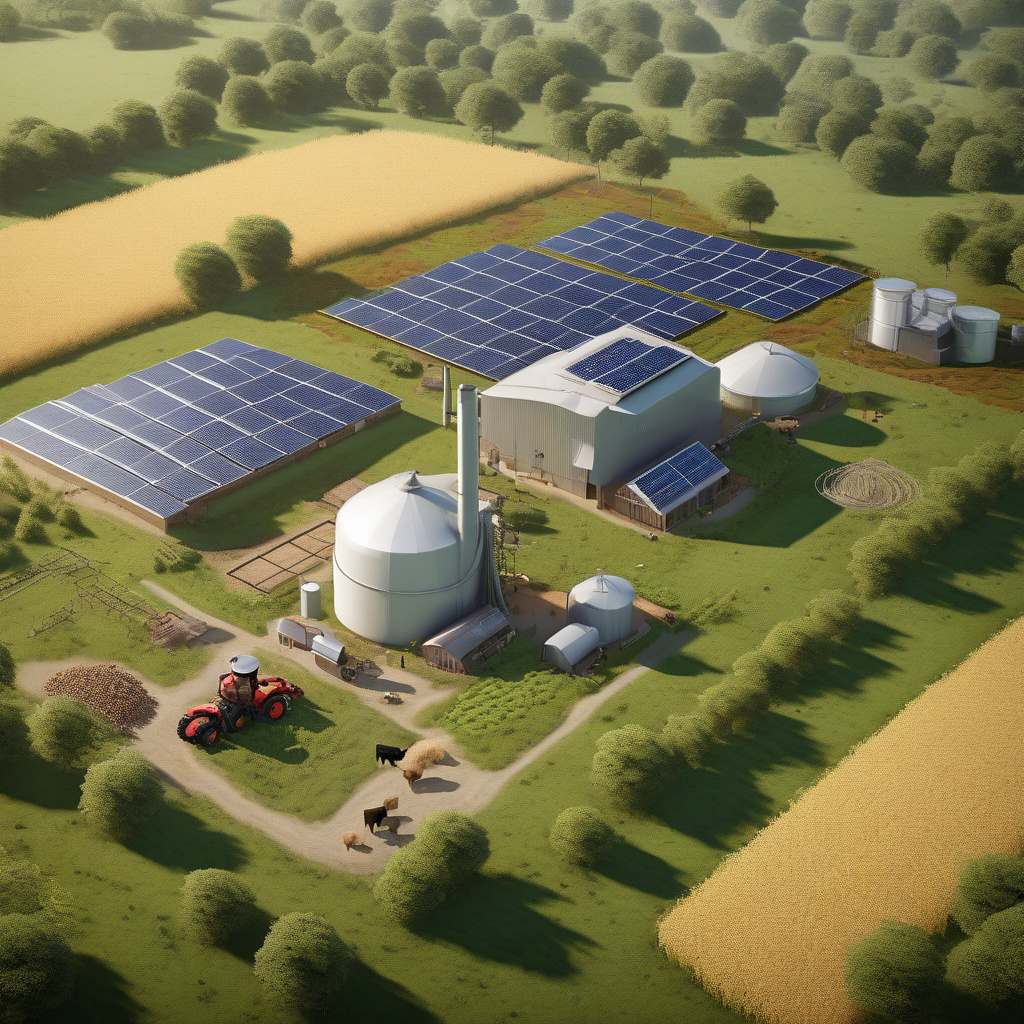Sustainable Livestock Production: The Feed Industry’s Crucial Role
The global demand for animal products continues to rise, putting pressure on the livestock production sector to operate sustainably. One key player in this complex system is the feed industry, which holds the power to drive significant change towards sustainability. By focusing on reducing the environmental impact of raw materials and fostering innovation, the feed industry can play a vital role in creating a more sustainable livestock production sector.
Reducing Environmental Impact
The feed industry is increasingly aware of the environmental footprint of its operations. One of the primary ways it is driving sustainability is by sourcing raw materials responsibly. For instance, instead of relying on traditional feed ingredients like soy and corn, which are associated with deforestation and high water usage, companies are exploring alternative sources such as algae, insects, and food waste. These alternative ingredients not only reduce the industry’s reliance on resource-intensive crops but also help in diverting food waste from landfills, contributing to a circular economy.
Moreover, advancements in technology have enabled the feed industry to optimize formulations, ensuring that animals receive the necessary nutrients while minimizing waste. Precision feeding techniques, coupled with the use of additives like enzymes and probiotics, not only improve animal health and performance but also reduce the environmental impact of livestock farming by decreasing the amount of feed required and the excretion of pollutants.
Fostering Innovation
Innovation lies at the heart of sustainability, and the feed industry is actively investing in research and development to drive positive change. By embracing cutting-edge technologies such as artificial intelligence, blockchain, and biotechnology, feed manufacturers can improve feed efficiency, traceability, and safety.
For example, AI-powered algorithms can analyze vast amounts of data to create personalized feeding programs for livestock, reducing overfeeding and nutrient wastage. Blockchain technology enables transparent supply chains, allowing consumers to trace the journey of feed ingredients from source to feed mill. Biotechnology, on the other hand, offers opportunities to enhance the nutritional quality of feeds, develop drought-resistant crops, and reduce the need for synthetic additives.
Collaboration for Impact
Creating a sustainable livestock production sector requires collaboration across the entire value chain. The feed industry is partnering with farmers, researchers, policymakers, and NGOs to implement holistic solutions that address environmental, social, and economic challenges. By sharing best practices, knowledge, and resources, stakeholders can work together to develop innovative strategies for sustainable animal agriculture.
Furthermore, engaging with consumers is essential in driving demand for sustainably produced animal products. By raising awareness about the importance of sustainable feed practices and transparent labeling, the feed industry can empower consumers to make informed choices that support ethical and environmentally friendly livestock production.
Conclusion
In conclusion, the feed industry plays a critical role in shaping the future of livestock production towards sustainability. By focusing on reducing the environmental impact of raw materials, fostering innovation through technology adoption, and engaging in collaborative efforts, feed manufacturers can drive positive change across the entire value chain. Embracing sustainability is not just a trend but a necessity to ensure the long-term viability of the livestock production sector and safeguard the health of the planet for future generations.
livestock, sustainability, feed industry, innovation, environmental impact












